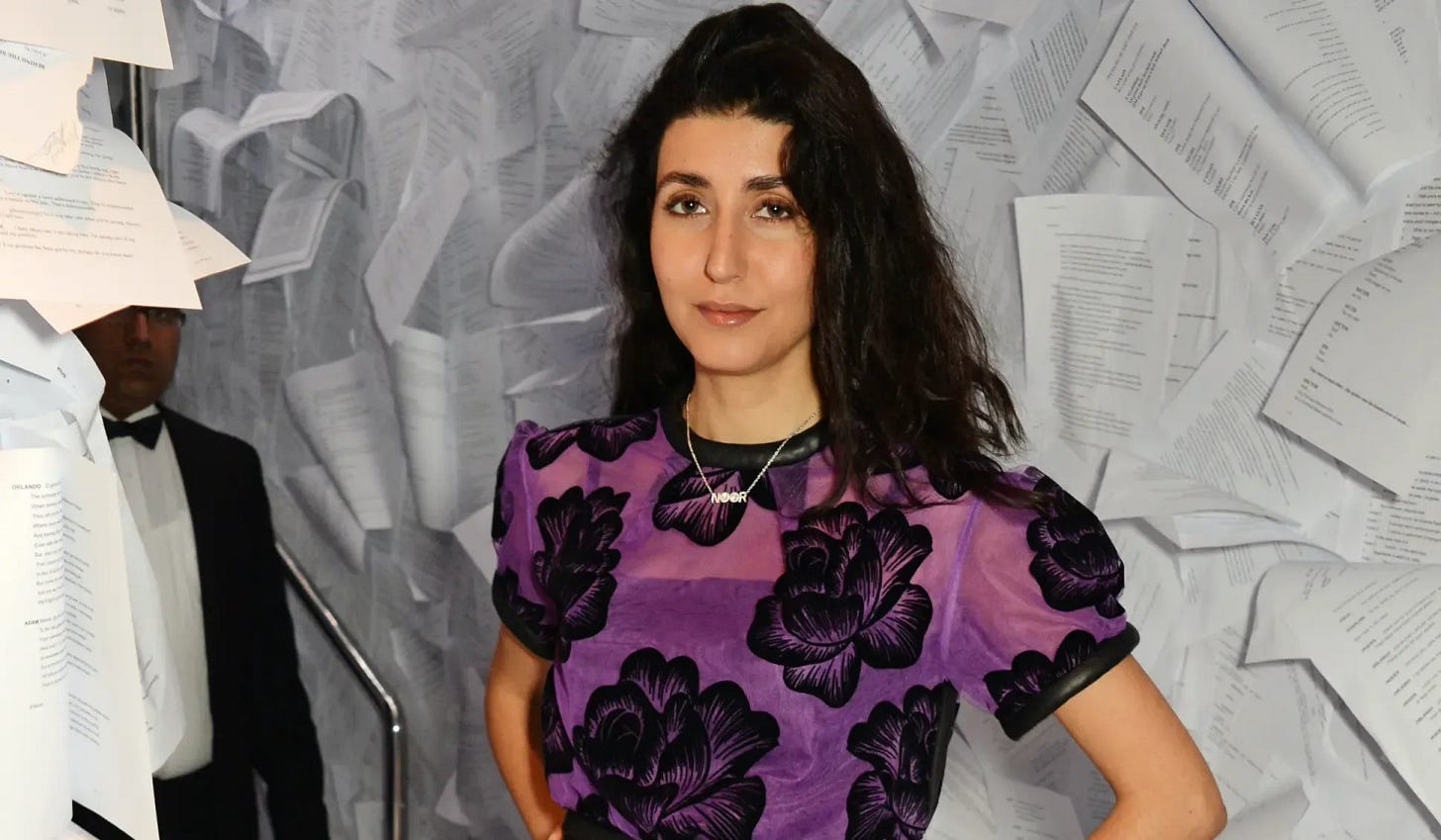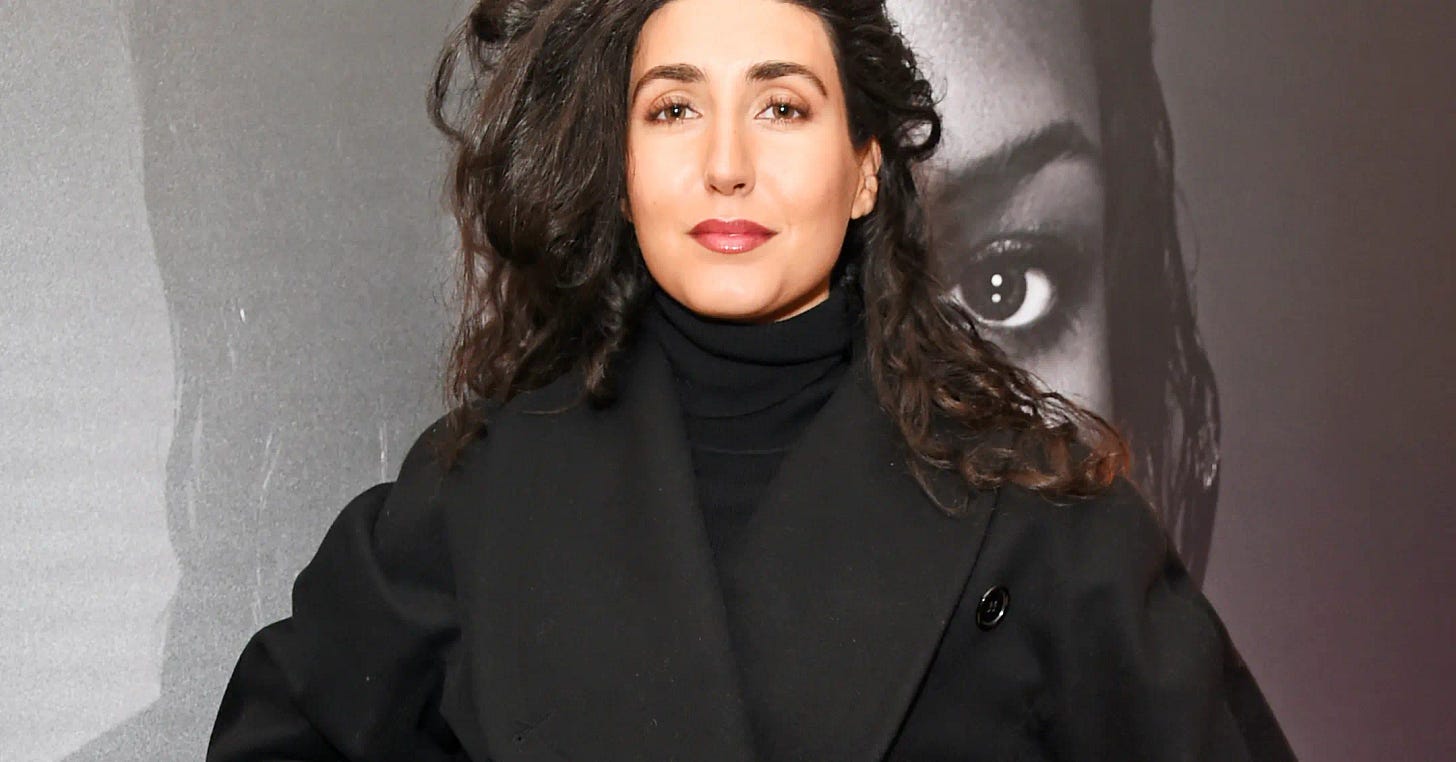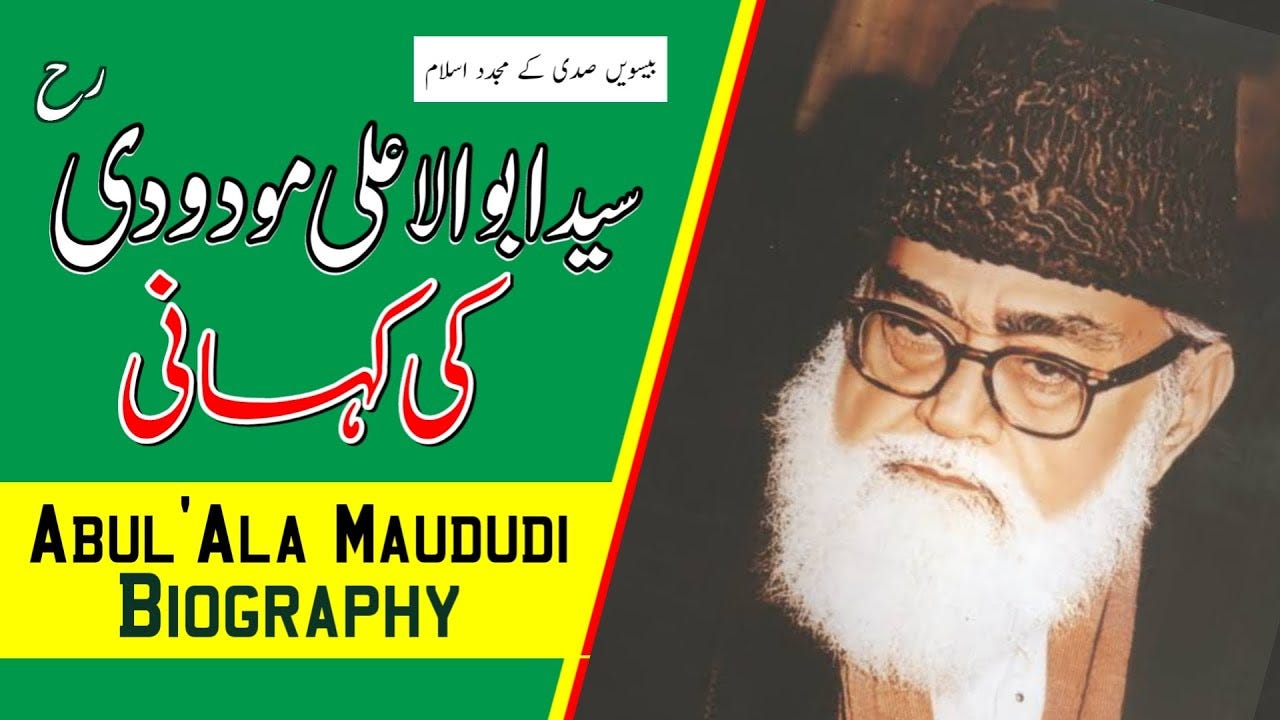Two Faces of Ideological Legacy: Noor Bin Ladin vs. Sophia Farooq
The Voice Against Terror vs. The Silent Heir
In the intricate tapestry of politics, family legacy often plays a pivotal role, shaping the paths of individuals in ways both expected and unforeseen. Today, we delve into the stories of two women who, despite sharing similar backgrounds, have taken divergent routes in their political journeys: Noor Bin Ladin and Sophia Farooq. Both are connected to infamous figures in Islamic history, yet their responses to their heritage and their political alignments could not be more different. This story explores their backgrounds, political stances, and the implications of their choices, highlighting the importance of transparency in public life.
Noor Bin Ladin: A Staunch Supporter of Western Values
Noor Bin Ladin, born in 1987 in Switzerland, is the biological niece of Osama Bin Laden, the notorious leader of al-Qaeda. The daughter of Yeslam bin Laden, a Saudi businessman, and Carmen bin Laden, a Swiss author, Noor was raised in Switzerland after her parents’ divorce in 1988. She pursued higher education, earning a bachelor’s degree in business administration from the University of Geneva and a master’s in commercial law from the University of London. Currently, she is working on a book analyzing the first 20 years of the 21st century, reflecting her intellectual engagement with global issues.

Politically, Noor is a vocal supporter of President Donald J. Trump, a stance she has maintained since 2015. She believes his leadership is essential for the preservation of America and Western civilization. In an interview with the New York Post, she stated, “Trump has shown he protects America and us by extension from foreign threats by obliterating terrorists at the root and before they get a chance to strike.” She has also criticized the Obama/Biden administration for what she perceives as enabling the proliferation of ISIS, praising Trump for his decisive actions against terrorism.

Noor’s public statements extend beyond endorsements. In a letter published on September 6th, she wrote, “With President Trump at her helm, America stands a chance at restoring her principles, pride, independence and true place in the world as a beacon of liberty and hope for all.” She has also targeted congresswomen such as Ilhan Omar, Alexandria Ocasio-Cortez, Rashida Tlaib, and Ayanna Pressley, accusing them of undermining American values. On social media, she describes herself as “For the Preservation of Freedom and Western Civilisation’s fundamental principles. Swiss national. Patriot at heart.”
Crucially, Noor has publicly denounced her uncle’s extremist legacy, distancing herself from the ideologies associated with al-Qaeda. Her transparency about her family background and her clear alignment with Western values have made her a distinctive figure in political discourse, particularly within conservative circles.
Sophia Farooq: A Candidate with Questionable Ties
Sophia Farooq, the biological granddaughter of ABUL A’LA MAUDUDI, founder of the radical Islamic sect Jamaat-e-Islami, presents a stark contrast to Noor Bin Ladin. Maududi, a prominent Islamic scholar who died in 1979, established Jamaat-e-Islami in 1941, a group that has been designated as a terrorist organization in several countries, including the UAE (one of the GCC countries President Trump is currently visiting). His ideology, which advocates for replacing non-Islamic systems with Islamic governance through “Jihad,” has influenced various militant groups, including those linked to the Muslim Brotherhood and The Mujahideen.

Sophia Farooq emerged as a candidate for the Chairmanship of the Cobb County Republican Party (GOP) in Georgia in 2025, a position she ultimately lost to Mary Clarice Hathaway, as reported by East Cobb News. During her campaign, she was endorsed by the Cobb County Republican Assembly, which praised her work ethic and ambition for Republican growth, particularly in South Cobb. However, her campaign was marred by significant scrutiny, as detailed in our X post at @TheGeorgeHQ.
Investigations into Farooq’s background revealed a near-zero verifiable backstory. Her online presence is sparse, with many details appearing to have been scrubbed or sanitized. She claimed executive roles at major companies like Delta Airlines and Walmart, but these claims lack public verification. Her association with Skylight Financial, later acquired by Netspend, which was sanctioned by the Federal Trade Commission for predatory lending practices targeting minorities and lower-income groups, raised further concerns.
Farooq’s family ties are particularly troubling. Her grandfather’s organization, Jamaat-e-Islami, has been linked to recruiting figures like Osama bin Laden (the uncle of Noor bin Ladin) into the Mujahideen and acting as a CIA liaison during U.S.-backed operations in Afghanistan. Her father, Dr. Syed Ahmad Farooq, was the first elected secretary of the Islamic Circle of North America (ICNA), an organization connected to Jamaat-e-Islami that promotes a rigid interpretation of Islam. He also lost his medical license in 2006 due to professional misconduct. Farooq’s uncles are involved in JI-aligned publishing and human rights activism, with one being a guest of the Al Khidmat Foundation, further tying the family to extremist networks.
Additionally, Farooq donated to the American Educational Trust, which funds the Washington Report on Middle East Affairs, known for its pro-Hamas stance, despite her public claims of supporting Israel. Her campaign was also linked to major corporations like King & Spalding, Lockheed Martin, and financial entities such as Grameen Bank and APAX Partners, which are implicated in controversial practices and political influence. These connections, combined with her failure to denounce her grandfather’s legacy, have fueled skepticism about her alignment with Republican values.
Key Details of Sophia Farooq:
An 82 page dossier that is now in the hands of our current administration and house officials
The Contrast: Transparency vs. Ambiguity
The stark contrast between Noor Bin Ladin and Sophia Farooq lies in their responses to their family legacies and their transparency in political life.
Noor has openly rejected the extremist ideologies associated with her uncle, Osama Bin Ladin, and has aligned herself with Western values, particularly through her support for President Donald J. Trump. Her public statements, interviews, and social media presence provide a clear picture of her beliefs, fostering trust among her supporters.
Sophia Farooq, however, remains an enigmatic figure. Her failure to denounce her grandfather’s radical legacy, combined with her sparse online presence and questionable affiliations, casts doubt on her commitment to Republican principles. The concerns raised in our X posts suggest that her candidacy may have been part of a broader strategy to infiltrate and influence American political systems, a claim that resonates with some conservative voters wary of hidden agendas.
This comparison highlights a critical issue in politics: the need for transparency, especially when candidates have family ties to controversial ideologies. Noor’s openness about her background and her clear ideological stance contrast sharply with Farooq’s ambiguity, which has led to distrust among some in the GOP community. The fact that Farooq did not win the Cobb County GOP Chair position, reflects these concerns, though her appeal of the election results indicates ongoing contention.
Implications for Political Trust
The stories of Noor Bin Ladin and Sophia Farooq underscore the complexities of political identity in an era of heightened scrutiny. For voters, particularly within the GA Republican Party, the backgrounds and affiliations of candidates are critical factors in building trust. Noor’s journey from a notorious family legacy to a vocal advocate for Western values demonstrates the power of personal choice and transparency. Farooq’s case, however, serves as a cautionary tale about the risks of ambiguity, especially when family histories are tied to ideologies that conflict with stated political goals.
As the Republican Party in GA navigates its future, the contrast between these two women offers a lens through which to evaluate candidates. Transparency, accountability, and alignment with core values are essential for maintaining voter confidence, particularly in local races like the Cobb County GOP Chairmanship, which can influence broader political trends.
In a Nutshell:
Noor Bin Ladin and Sophia Farooq represent two faces of political and ideological legacy: one that breaks free from a troubled past to embrace clarity and conviction, and another that remains entangled in ambiguity and controversy. Their stories remind us that in politics, trust is earned through openness and consistency. As voters reflect on these contrasting paths, the importance of scrutinizing candidates’ backgrounds and intentions becomes ever more apparent, ensuring that those who lead reflect the values they claim to uphold.
We cannot, under ANY circumstances have someone that hides from their historically significant family “heritage” in public office.


